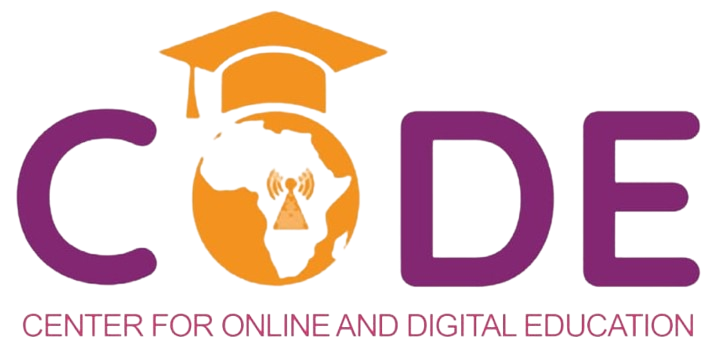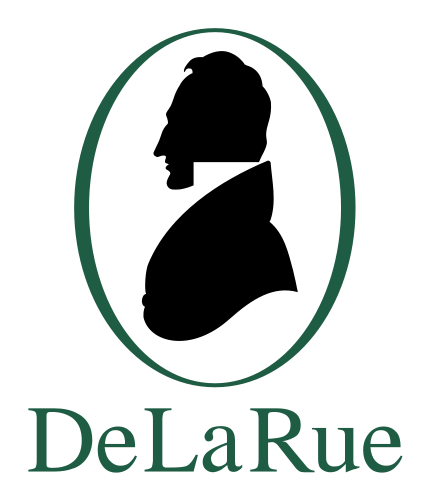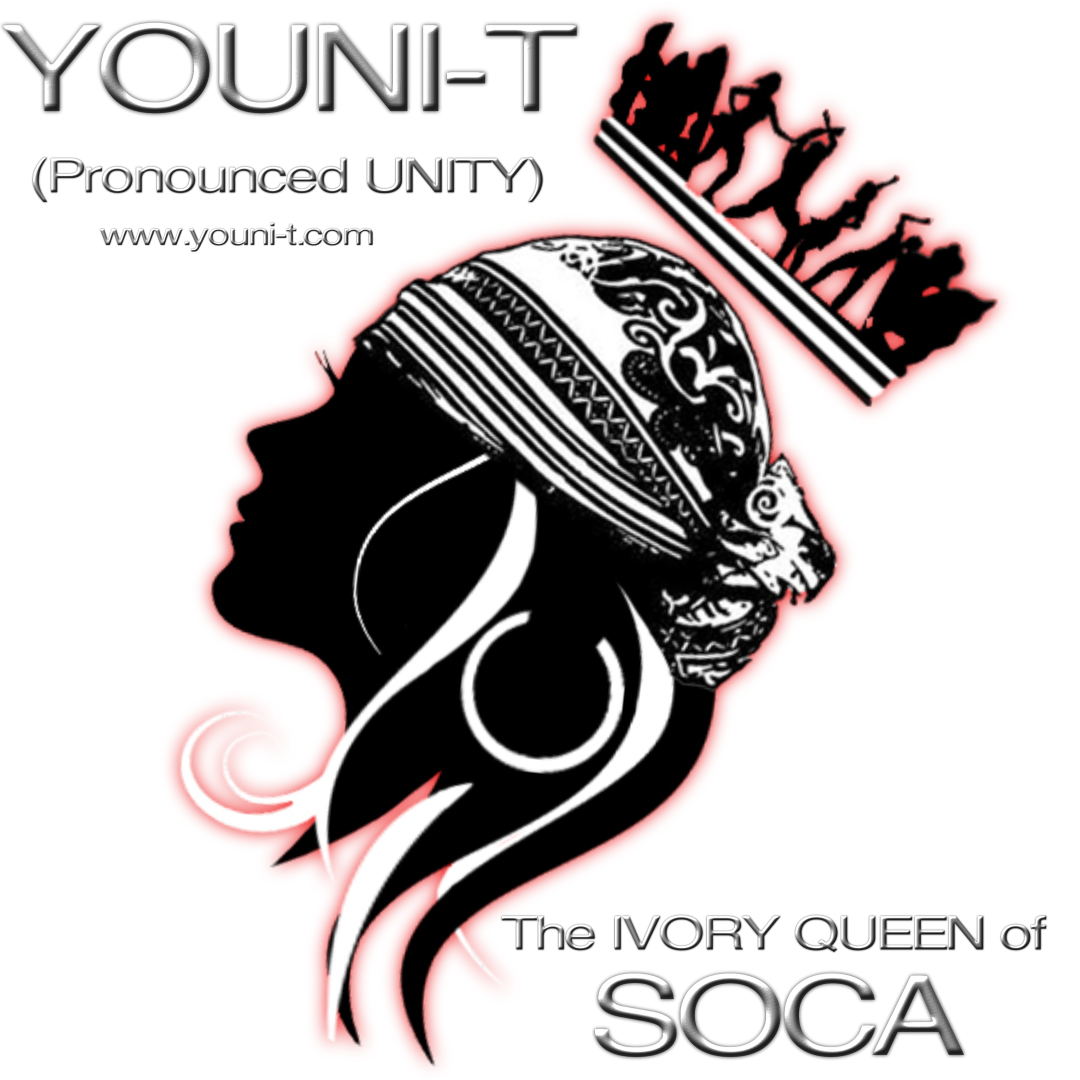To achieve the above objectives, CODE makes use of the following innovative approaches:
Continuous Professional Development
We provide trained, semi-trained, and untrained teachers with professional development and teaching resources to improve learner outcomes.
Psychological Support
We offer guidance and counseling services to support the learning community's well-being, reduce anxieties, and address long-term physical, psychological, social, and emotional needs.
Re-enlisting Displaced Teachers
We re-enlist displaced teachers back into the classroom using robust e-learning apps and other distance education tools.
Self-Learning Kits (SLKs)
Self-Learning Kits (SLKs) consist of textbooks, workbooks, stationery, and digital resources that we provide to individual learners to support their learning experiences both in and out of the classroom.





